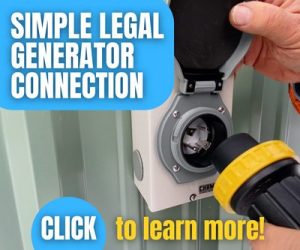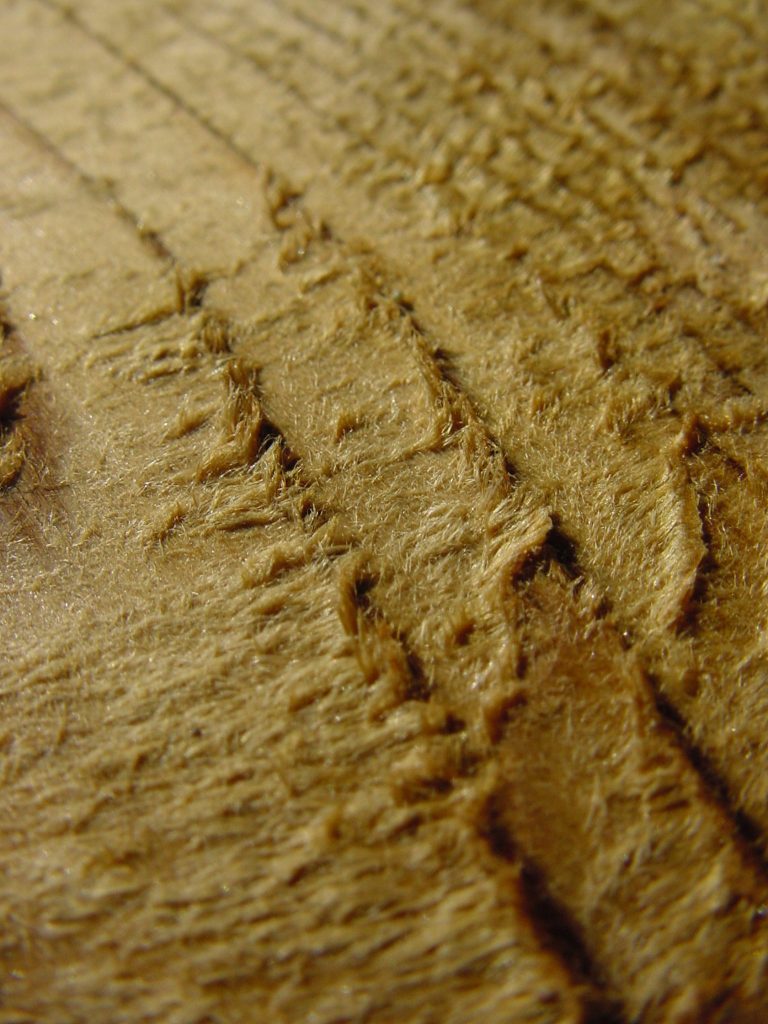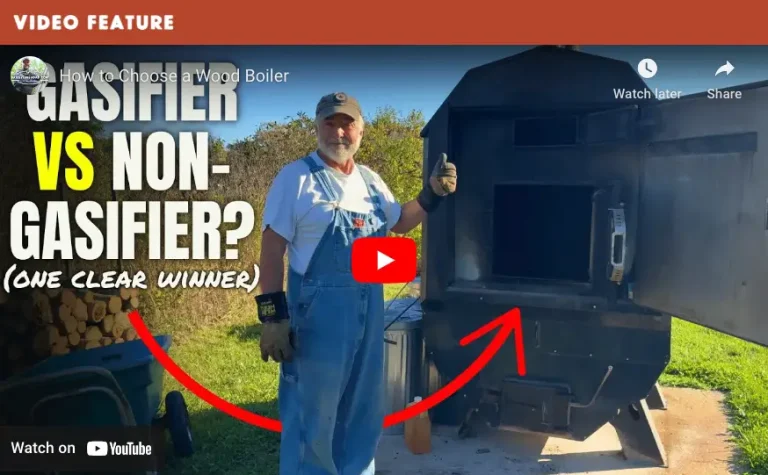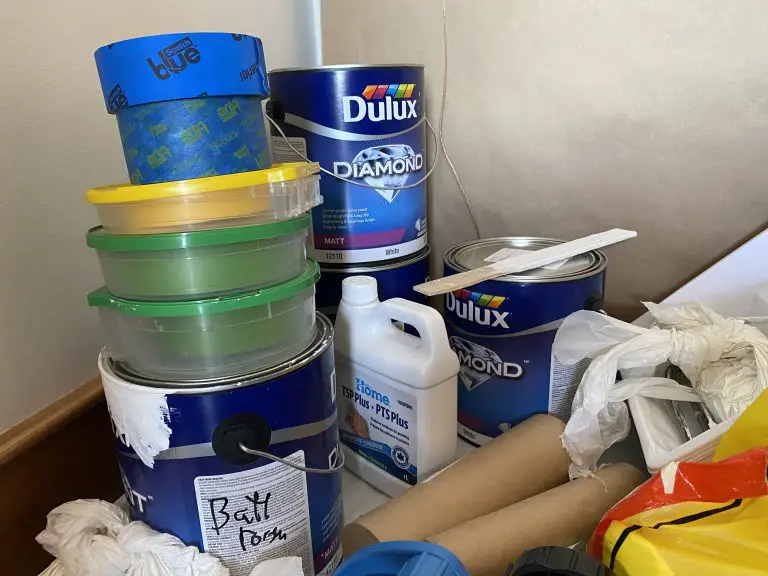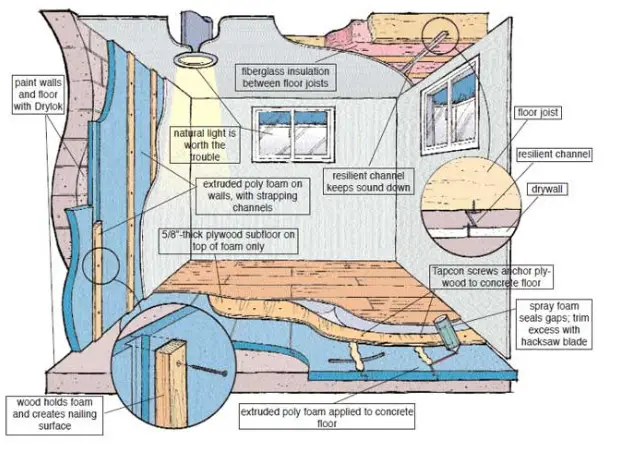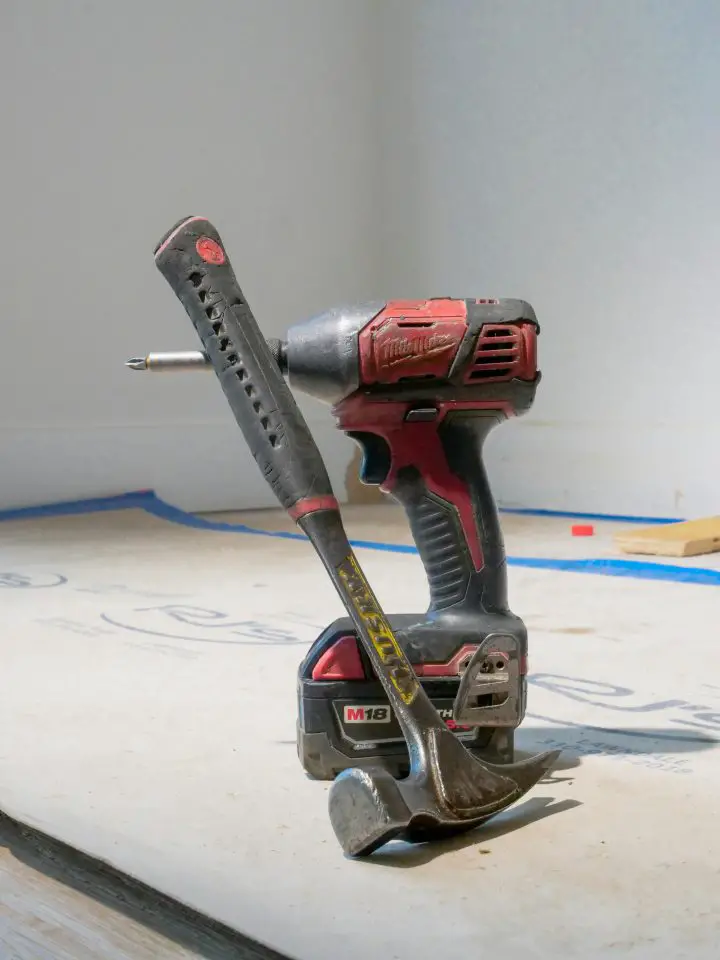
When it comes to home maintenance, minor problems can escalate quickly if left unchecked. What starts as a tiny leak, crack, or squeak can lead to costly repairs if you don’t address it promptly. The key to avoiding expensive repairs is early detection and proactive maintenance. Regular site inspections are one of the most effective ways to identify potential issues before they spiral out of control, helping you save money and extend the life of your property.
Let’s dive into practical steps to stop small issues in their tracks and maintain a safe, efficient, and cost-effective home.
Regularly Inspect Plumbing for Leaks
A small leak may not seem like a big deal, but even a slow drip can cause major damage over time. Leaks can lead to water damage, mold growth, and higher water bills. Areas under sinks, around toilets, and behind appliances are common places where leaks go unnoticed.
Warning Signs of Plumbing Issues:
- Water stains on walls, ceilings, or floors
- Damp or musty odors
- Low water pressure
How to Prevent Bigger Problems:
- Check for visible leaks during routine inspections, especially under sinks and near water heaters.
- Monitor your water bill for sudden spikes, which could indicate a hidden leak.
- Address small leaks immediately by replacing washers, seals, or fittings as needed.
Seal Cracks and Gaps Early
Small cracks in walls, ceilings, or foundations can widen over time due to natural building movement, moisture infiltration, or structural stress. If left unaddressed, they can lead to significant damage, including compromised structural integrity and water intrusion.
Where to Check for Cracks:
- Along walls near windows and doors
- In basement floors and foundations
- On exterior walls and around the roofline
How to Fix Small Cracks Before They Spread:
- For minor cracks, use caulk or patching compounds to seal them.
- Monitor cracks to see if they are expanding, which may require professional attention.
- Ensure proper drainage around the building to prevent water from exacerbating structural issues.
Stay on Top of Roof Maintenance
A neglected roof can lead to leaks, insulation damage, and costly repairs. Even a small tear in a roof membrane or a missing shingle can allow water to seep into the structure. Since roof problems are often hidden, routine inspections are critical to identifying early warning signs.
What to Watch For:
- Missing or damaged shingles
- Water stains on ceilings or walls
- Debris accumulation in gutters
Preventive Maintenance Tips:
- Clean gutters regularly to ensure proper drainage.
- Schedule professional roof inspections annually or after severe weather.
- Replace damaged shingles or tiles promptly to prevent water infiltration.
HVAC System Maintenance: Avoid Breakdowns
Heating, ventilation, and air conditioning (HVAC) systems require regular maintenance to function efficiently. Neglecting small issues like dirty filters or strange noises can result in complete system failure, expensive repairs, or high energy bills.
Signs of HVAC Trouble:
- Inconsistent temperatures or weak airflow
- Unusual noises, such as banging or rattling
- Increased energy usage
Preventive Steps:
- Change air filters every 1-3 months to maintain efficiency.
- Clean vents and ductwork to prevent blockages.
- Schedule annual servicing to check for worn-out components and potential problems.
Electrical Issues: Catch Them Before They Spark Trouble
Electrical problems often start small, with flickering lights or tripped breakers. However, they can quickly escalate into dangerous situations, including fires or damage to appliances. Identifying and addressing these issues early is essential.
Early Signs of Electrical Issues:
- Frequent circuit breaker trips
- Outlets that feel warm or emit a burning smell
- Flickering or dimming lights
What You Can Do:
- Inspect cords, outlets, and switches for damage.
- Avoid overloading outlets or circuits with multiple devices.
- Have a licensed electrician inspect your system if you notice persistent issues.
Protect Against Water Damage
Water damage isn’t always the result of plumbing leaks. Poor drainage, clogged gutters, and improper grading can lead to water pooling near your foundation, potentially causing structural damage and mold growth.
Preventing Water Damage:
- Ensure proper drainage around the property by sloping soil away from the foundation.
- Clean gutters and downspouts regularly to prevent overflow.
- Install sump pumps or French drains if your home is prone to flooding.
By catching and addressing these small problems early, you can avoid major financial headaches down the road. Incorporating routine site inspections into your maintenance plan ensures that you stay ahead of potential issues, saving you time and money while keeping your home in top condition.



